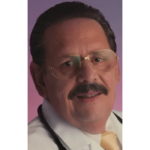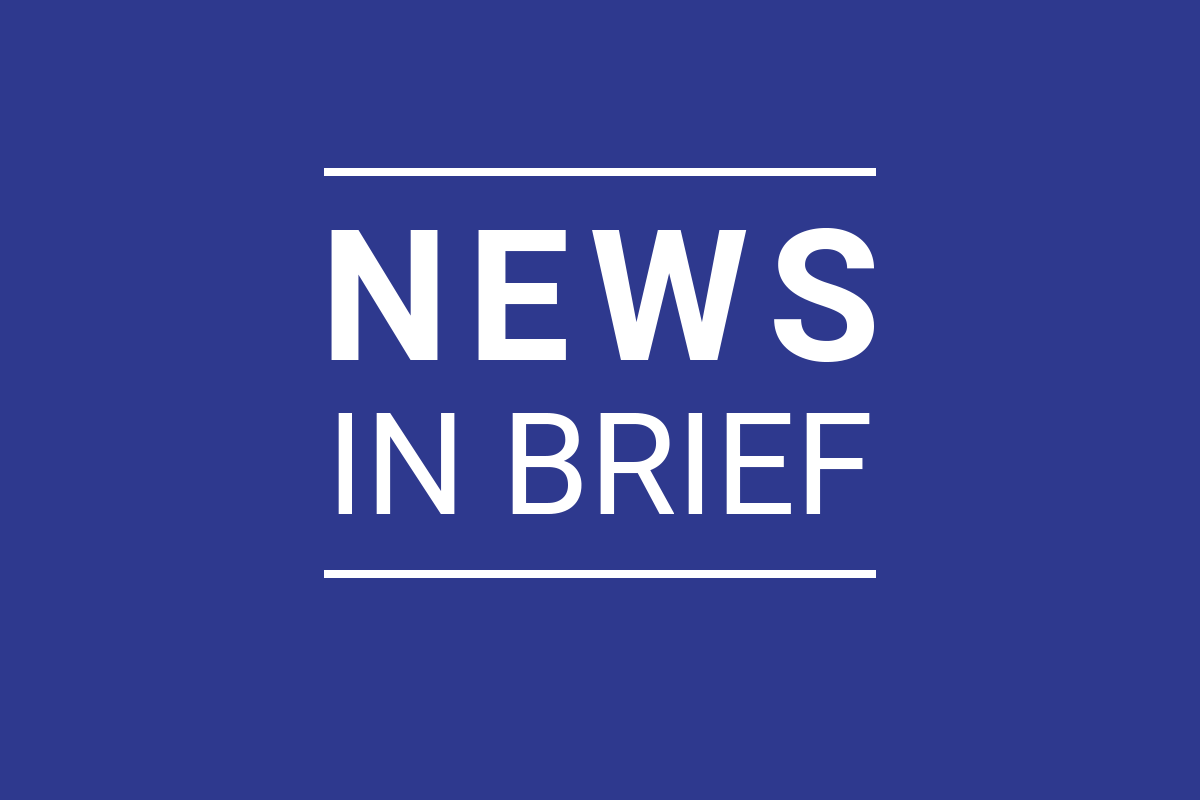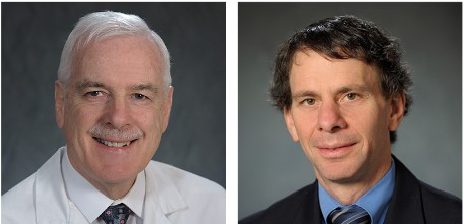
Remembering Luis Baez Diaz, MD
June 30, 2023
News in Brief, August 2023
August 25, 2023From the Co-Chairs, June 2023


By Peter J. O’Dwyer, MD (left)
and Mitchell D. Schnall, MD, PhD
The annual flurry of meeting activity in late spring includes the ECOG-ACRIN Semi-Annual Group Meeting and the ASCO Annual Meeting; once again, neither disappointed. In addition to record in-person attendance at our meeting, there was a dynamism that energized both the individual committees as well as the plenary sessions. Proposals of the highest quality, with practice-changing potential, are reaching steering committees and enriching the research portfolio. The ASCO Annual Meeting provided the opportunity for EA investigators to connect with industry to help assure the next generation of EA and PrECOG studies. Our meeting similarly provides opportunities to engage with pharma colleagues and to exchange information that can refine our research proposals for the benefit of all.
The two principal plenary sessions in our meeting are the Comis Translational Science Symposium and the General Session. The Comis Symposium focused on translational research in immunological trials. In a series of short talks, followed by an extended discussion led by Dr. David Mankoff (Co-Chair, Scientific Planning Committee), presenters clearly laid out the opportunities for correlative studies to be incorporated in our trials. This opportunity both for learning and dialogue has become a “can’t miss” part of the meeting, and the science discussed there influences the design and content of our trials.
The General Session in turn explored aspects of the advancing wave of our research from several perspectives. Dr. Barbara Burtness (Chair, Task Force on Advancement for Women) highlighted the importance of mentorship, and especially of women mentoring women, when she presented the inaugural Remarkable Mentor to Women in Oncology Award to Dr. Arlene Forastiere, a leader in many ECOG-ACRIN activities over the years. We also named Dr. Patrick Forde the ECOG-ACRIN Young Investigator of the Year for 2023. Additional presenters highlighted two new National Cancer Institute (NCI) programs with resonance for all of us: the Cancer Screening Research Network and the Clinical Trials Innovation Unit. And, as part of our outreach to key organizations with shared goals, Dr. Bill Dahut provided an inspiring perspective on American Cancer Society activities and the potential for our interests to intersect.
During the General Session, we also recognized accomplishments in our clinical trials. Dr. Michael Atkins updated attendees on the EA6134/DREAMseq melanoma trial results, the impact of which has been remarkable—as was his concluding rallying cry: our goal now is not limited to controlling advanced cancers, it is CURE. We also celebrated the conclusion of the NCI-MATCH trial, an enormous and successful effort on the part of so many in EA, while in a separate session Dr. Jim Ford outlined the opening of the ComboMATCH precision medicine initiative.
ComboMATCH launched in April with three treatment trials available to patients. A fourth treatment trial, ECOG-ACRIN’s EAY191-E4, opened shortly after in early June. This study, led by Dr. Alice Chen (National Cancer Institute), is evaluating the activity of nilotinib-paclitaxel in patients with prior taxane-treated solid tumors. ECOG-ACRIN will also lead EAY191-E5, to open later this summer, testing the effects of sotorasib-panitumumab versus sotorasib alone in patients with KRAS G12C-mutant solid tumors. Dr. Kristen Spencer (New York University/NYU Langone Perlmutter Cancer Center) is the study chair for EAY191-E5. As treatment trials continue to open in ComboMATCH, new opportunities for inclusion of studies will soon be available. Bring ideas and proposals to Dr. Spencer, who also chairs the Genomics Subcommittee, for consideration in these discussions.
Finally, the record attendance at our meeting included two groups that we should recognize and, if possible, expand. Dr. Edith Mitchell’s program to invite early-career, even pre-specialization, minority students and trainees had its highest participation yet. Attendees warmly welcomed these young people throughout the meeting, and even greater participation is sought. In a more specialized arena, Dr. Seena Aisner recognized that fewer pathologists were participating in the disease-specific meetings. As one who believes that this activity can be career-building for early-career pathologists, she set out to change this state of affairs. The result of her efforts is that eight new pathologists have joined the therapeutic committees, and most attended their first EA Group Meeting in May. Congratulations and thanks to Seena—and a warm welcome to the new participants!
Read the June 2023 issue here.
![ECOG-ACRIN logo[19516]275×75](https://blog-ecog-acrin.org/wp-content/uploads/2021/03/ECOG-ACRIN-logo19516275x75.png)
